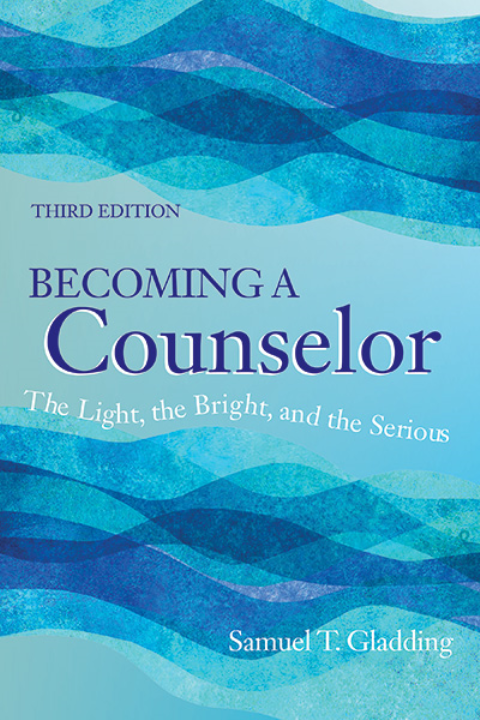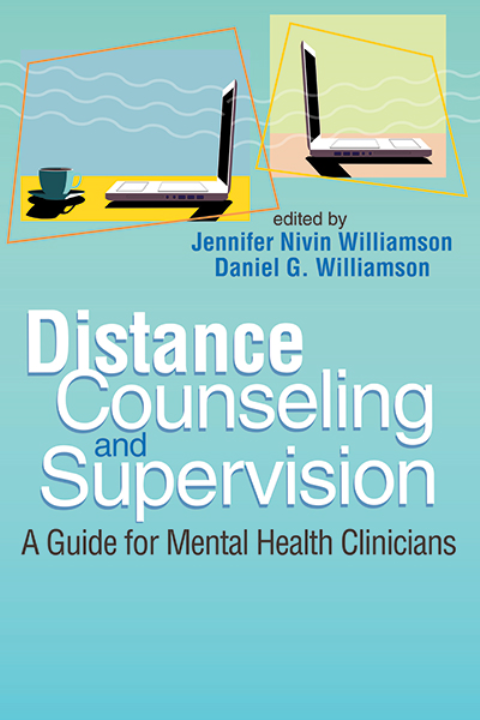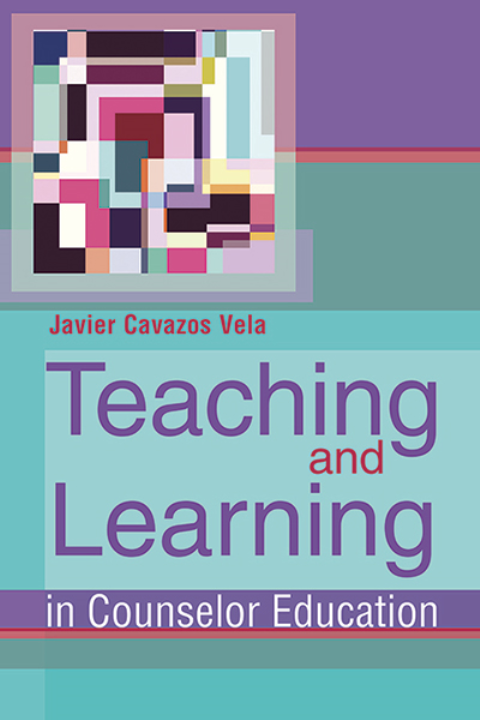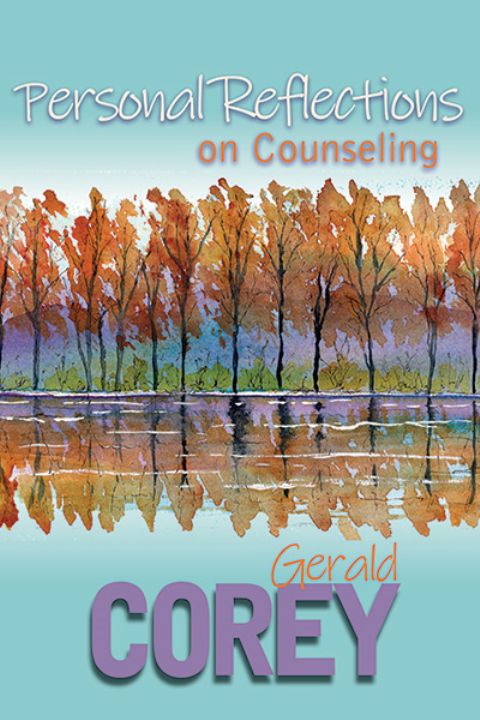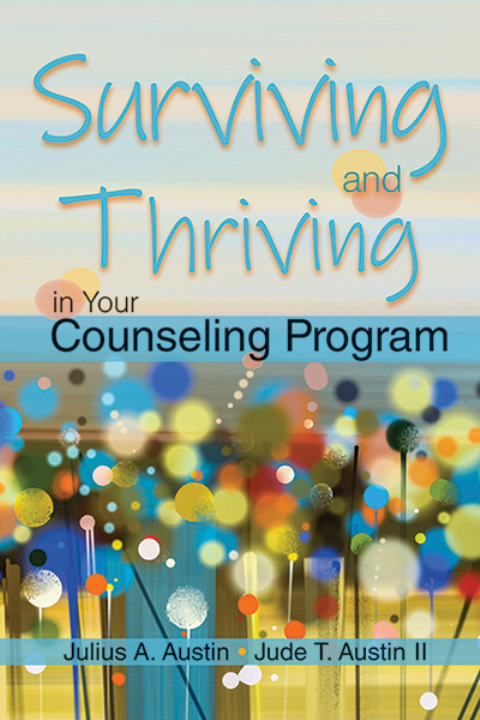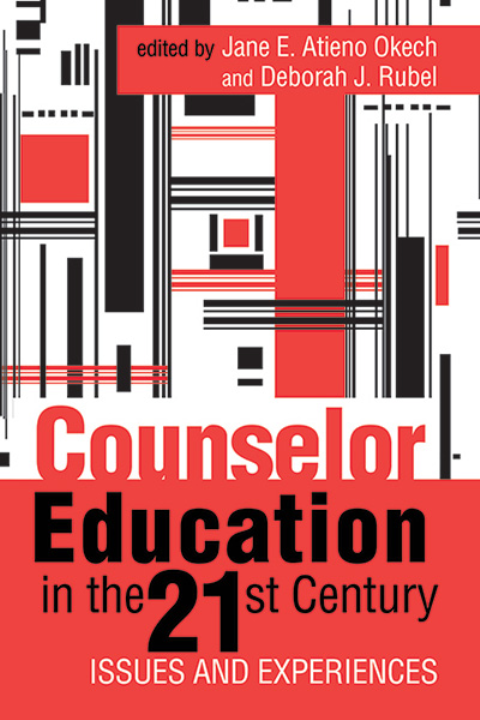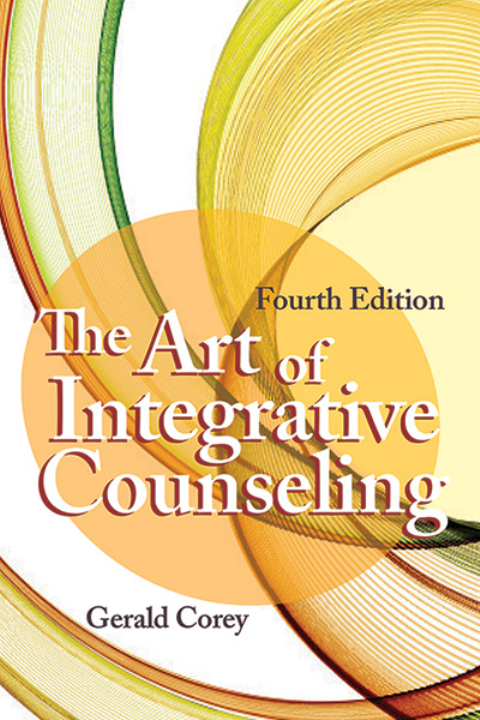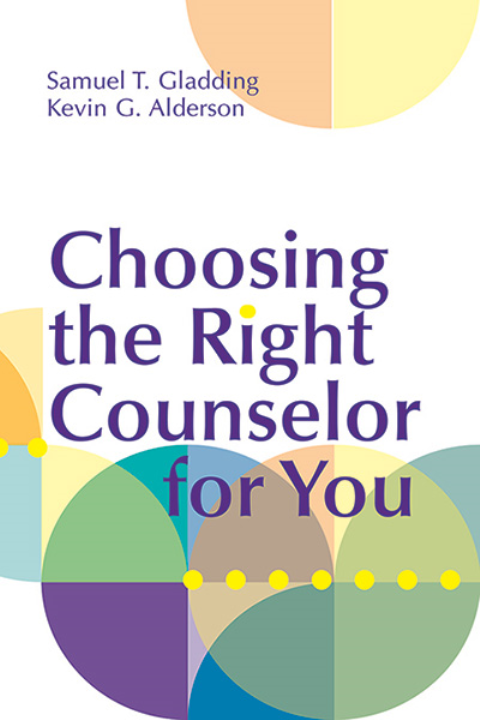
Professional development, a lifelong process
Related Articles from Counseling Today
Voice of Experience: Professional organizations
I’ve been a supervisor for over 30 years. During my last supervision session with prelicensed clinicians who are about to get their full license, I tell them: “After today, you will never have to speak to another professional in the field again.”
Of course, that isn’t a recommendation but a fact. The point is that counselors can easily become isolated within the walls of their practice. Therefore, their professional interactions have to be intentional.
Roadblocks to professional interactions
As counselors, we often have 15 to 20 clients or more per week. On top of that, we often work unusual hours. Late afternoons, evenings and weekend appointments make it less likely we will see other professionals who have more standard working hours.
One of my closest professional friends has her own private practice and sees clients up to 40 hours per week. I couldn’t carry that heavy of a caseload, but even if I did, having that many clients doesn’t leave much time for collegial interactions.
Another one of my colleagues works in a private practice where she leases office space. There are more than a dozen other clinicians in that office building, and she doesn’t know anyone’s name. Everyone comes in, they go to their respective offices and they close the door.
Even continuing education doesn’t require face-to-face interaction with peers anymore. Before the COVID-19 pandemic, my home state of Georgia had restrictions regarding online continuing education, with no distinction between synchronous and asynchronous hours. A clinician could use only 12 hours of online learning for license renewal, with the remaining 23 hours required to be in person.
Now in Georgia it is possible to earn all 35 continuing education hours online as long as 25 of those hours are synchronous (including ethics). Although online learning has made our lives easier, this is yet another way we disconnect from professional interaction with colleagues. Synchronous workshops may not require the participant to engage, making it easy to hide in the background.
For those who are fully online in their practice, working from home makes it challenging to interact with other professionals in the field as well.
Benefits of professional organizations
Professional organizations create an environment where one can acquire professional interaction on a more personal level. Conferences, workshops and lunch-and-learns create a platform for professional development. I go to at least one professional conference every year.
I’m a hopeless introvert and my social needs are practically zero, but I value the relationships I’ve built over the years through my involvement in professional organizations. These connections have provided a fertile resource for referral options and updates in the law, ethics and board rule changes. They are also a resource for deliberating ethical dilemmas.
Most professional organizations have specialized districts/divisions that are tailored to the needs of various geographical regions or specialized areas of practice.
Finally, membership fees practically pay for themselves through discounts on conference registrations, free publications/journals and access to the resources mentioned above.
Advice on joining organizations
When I first began my career in mental health, I was a member of eight different professional organizations. I paid those membership dues every year, but eventually I realized that most of them were not serving my professional needs. I gained nothing from their publications, didn’t attend their conferences, and rarely found anything useful for my practice in their newsletters and announcements.
Today I’m a member of half that many, yet all of them serve me. I’ve been to all their conferences at one time or another and know people within those organizations that I can contact if I have ethical questions. I am partial to state organizations, or state chapters of national organizations, because they are more attuned to the specific laws and governing bodies in one’s state.
Counselors should also be careful about joining groups to become “certified.” Some organizations have impressive-sounding titles that, in reality, are meaningless. The American Organization of Certified Psychotherapist sounds great, but I just made it up. These fluff groups have no criteria for membership other than paying fees, but they act as if joining makes the clinician more competent or part of an exclusive club. Having one of these organizations on your resume or curriculum vita might do you more harm than good.
I require my supervisees to be a member of at least one professional organization while under my supervision, and they must demonstrate to me how that organization serves their needs. This is a part of one’s professional growth that needs to continue long after formal supervision has ended.
Don’t be an isolated clinician. Get involved in a regional, state or national professional organization.
Gregory K. Moffatt is a veteran counselor of more than 30 years and the dean of the College of Social and Behavioral Sciences at Point University. His monthly Voice of Experience column for CT Online seeks to share theory, ethics and practice lessons learned from his diverse career, as well as inspiration for today’s counseling professionals, whether they are just starting out or have been practicing for many years. His experience includes three decades of work with children, trauma and abuse, as well as a variety of other experiences, including work with schools, businesses and law enforcement. Contact him at Greg.Moffatt@point.edu.
The views expressed in Counseling Today are those of the authors and contributors and may not reflect the official policies or positions of the editors or the American Counseling Association.
- Professional Counseling
- Professional Development
Continuing Education on This Topic
Related Books
Related Practice Briefs
-
The Hidden Cost of Complex Trauma and Imposter Phenomenon in Academic Settings
The imposter phenomenon (IP) is a sense of intellectual fraudulence & inability to internalize success. It's a behavioral phenomenon to describe how women & other underrepresented groups experience pervasive feelings of self-doubt, worry, and fraudulence.
